Due to record flooding in South Florida, Biscayne Bay is reeling from its fourth major fish kill in as many years.
Heavy rains have immersed the region, causing a critical deluge of freshwater into the bay.
Freshwater Impact
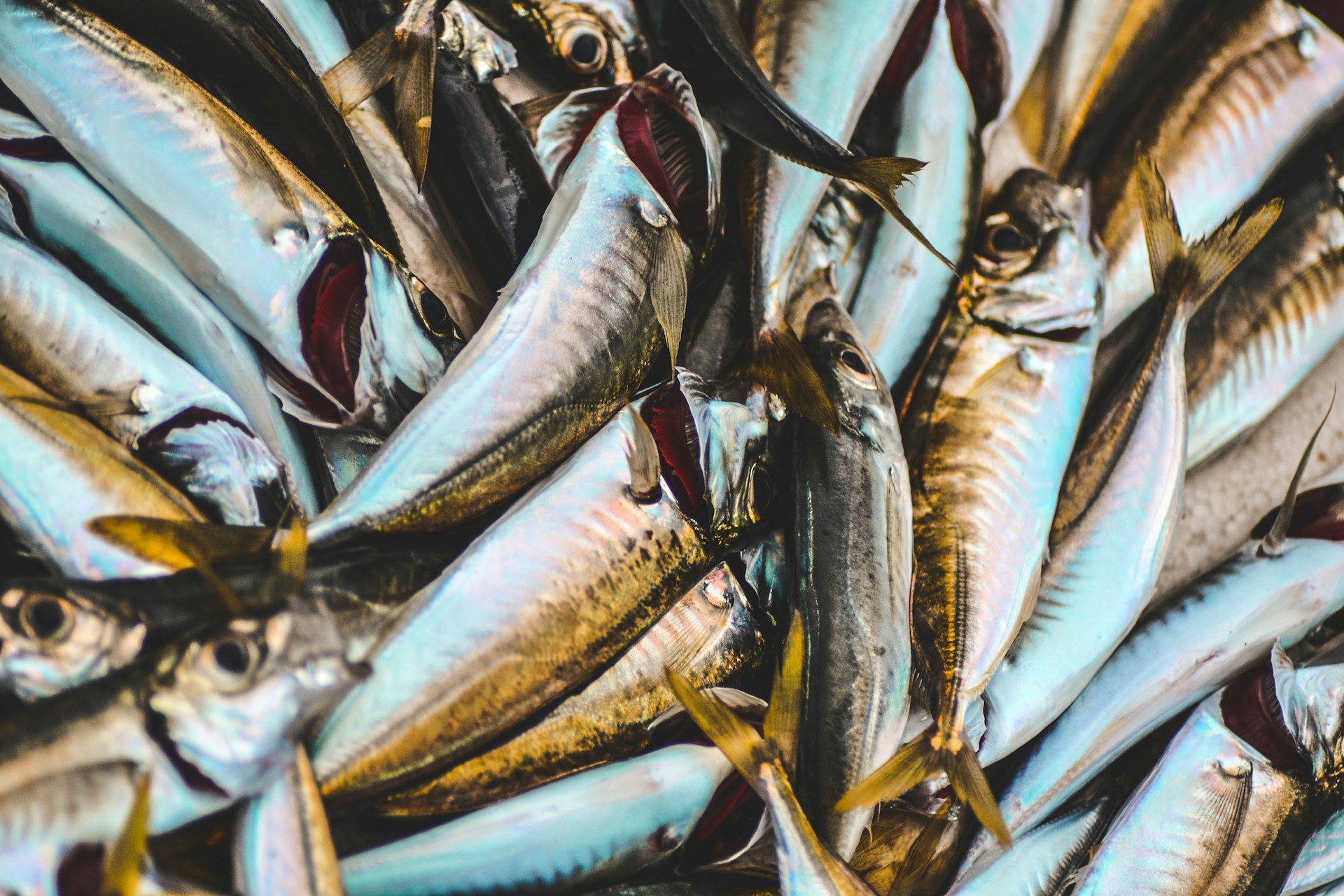
This influx of freshwater has prompted low salinity and oxygen levels, bringing about the death of roughly 2,000 fish.
The fact that the affected area extends over several miles, as reported by Local10.com, exemplifies the increasing frequency and severity of environmental disasters worldwide.
“Anything But Normal”

Yoca Arditi-Rocha, executive director of The CLEO Institute released a statement on the matter.
She said: “We need to understand that these events are anything but normal, and these rain bomb events are becoming more often and more frequent.”
Biscayne Bay
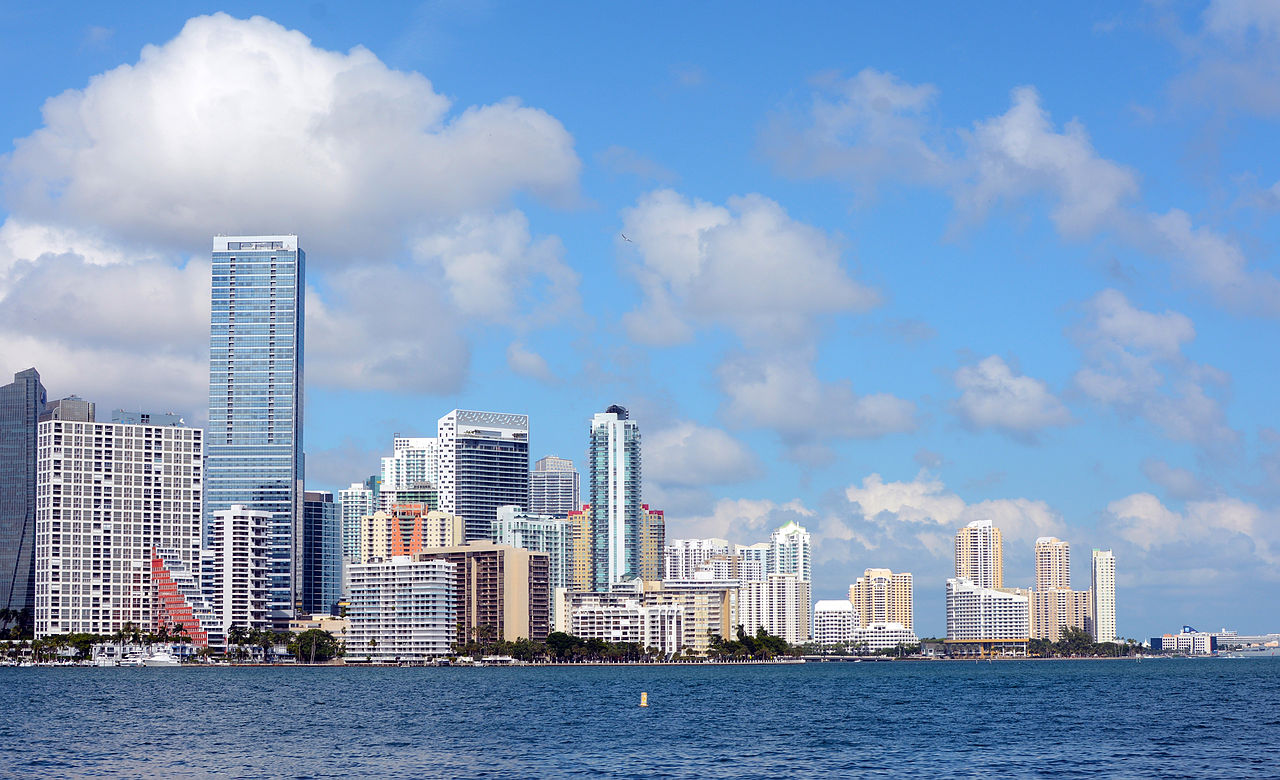
This common ecological disaster underscores the delicate terrain of Biscayne Bay
It also raises the impact of the changing environment on the ecology of South Florida.
Warming Earth
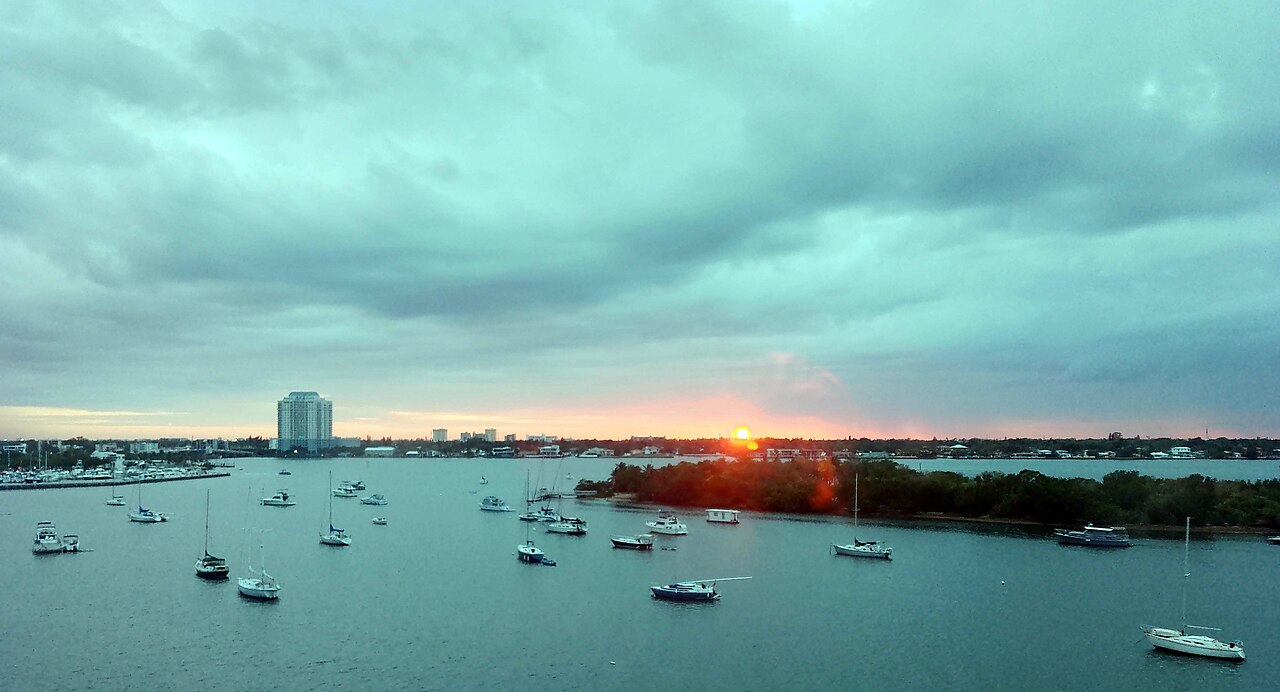
The idea that “dry gets drier, wet gets wetter” describes how a warming earth can cause severe droughts and heavy rain.
More water vapor can be held in by the atmosphere as it warms, leading to heavier downpours and worse floods in already wet areas.
Chemical Contamination
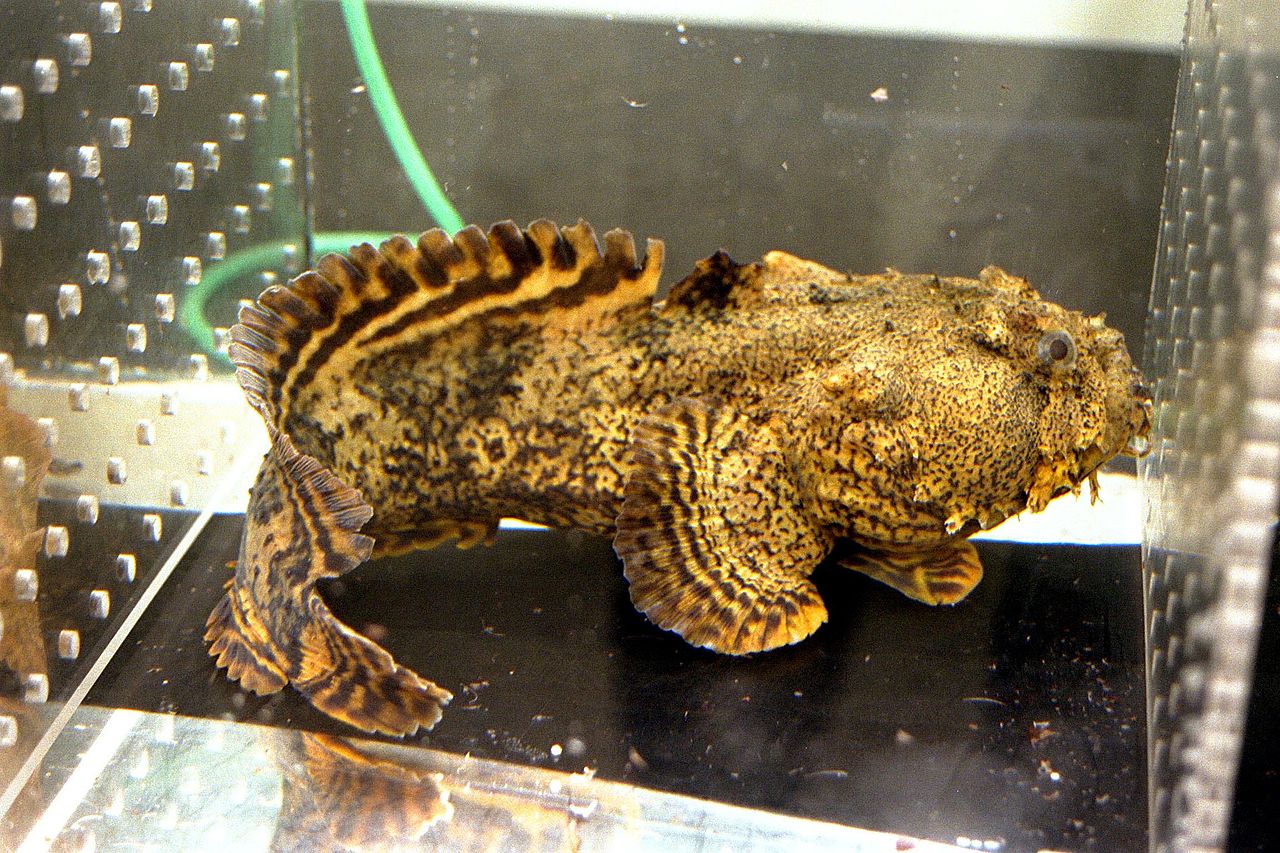
Additionally, the stormwater is tainted with chemicals and sewage, which significantly lowers the water’s oxygen levels.
Toadfish and other bottom-dwelling fish are primarily affected by this.
Heavier Rainfall

These serious downpour events are turning out to be more and more common because of a warming climate.
Rainfall becomes heavier as the air warms and retains more moisture.
Rising Sea Levels
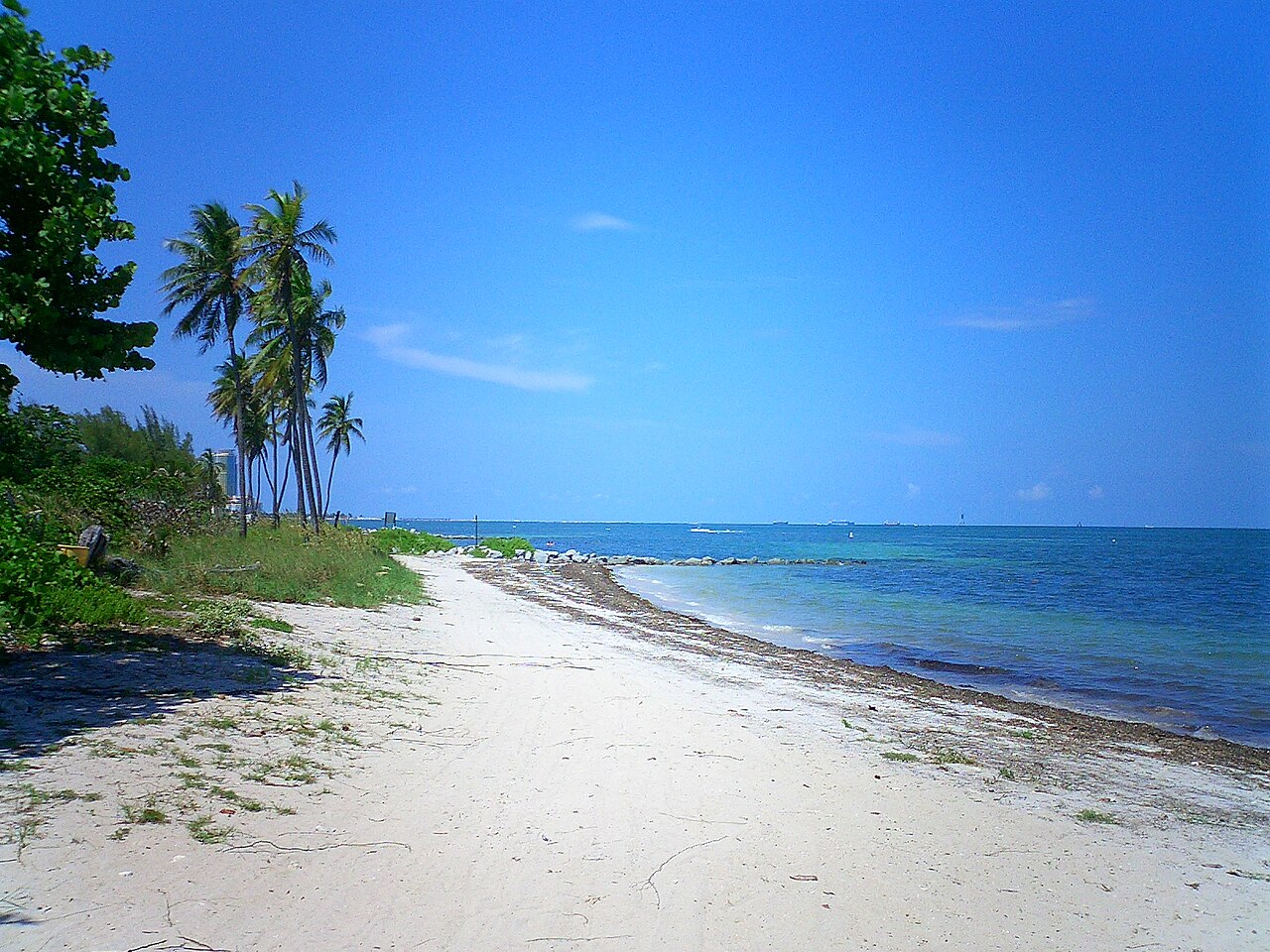
The situation gets worse as sea levels rise, resulting in more flooding in South Florida.
The underlying causes of these devastating events are being addressed, and efforts are being made to lessen their impact.
Aggressive Climate Action
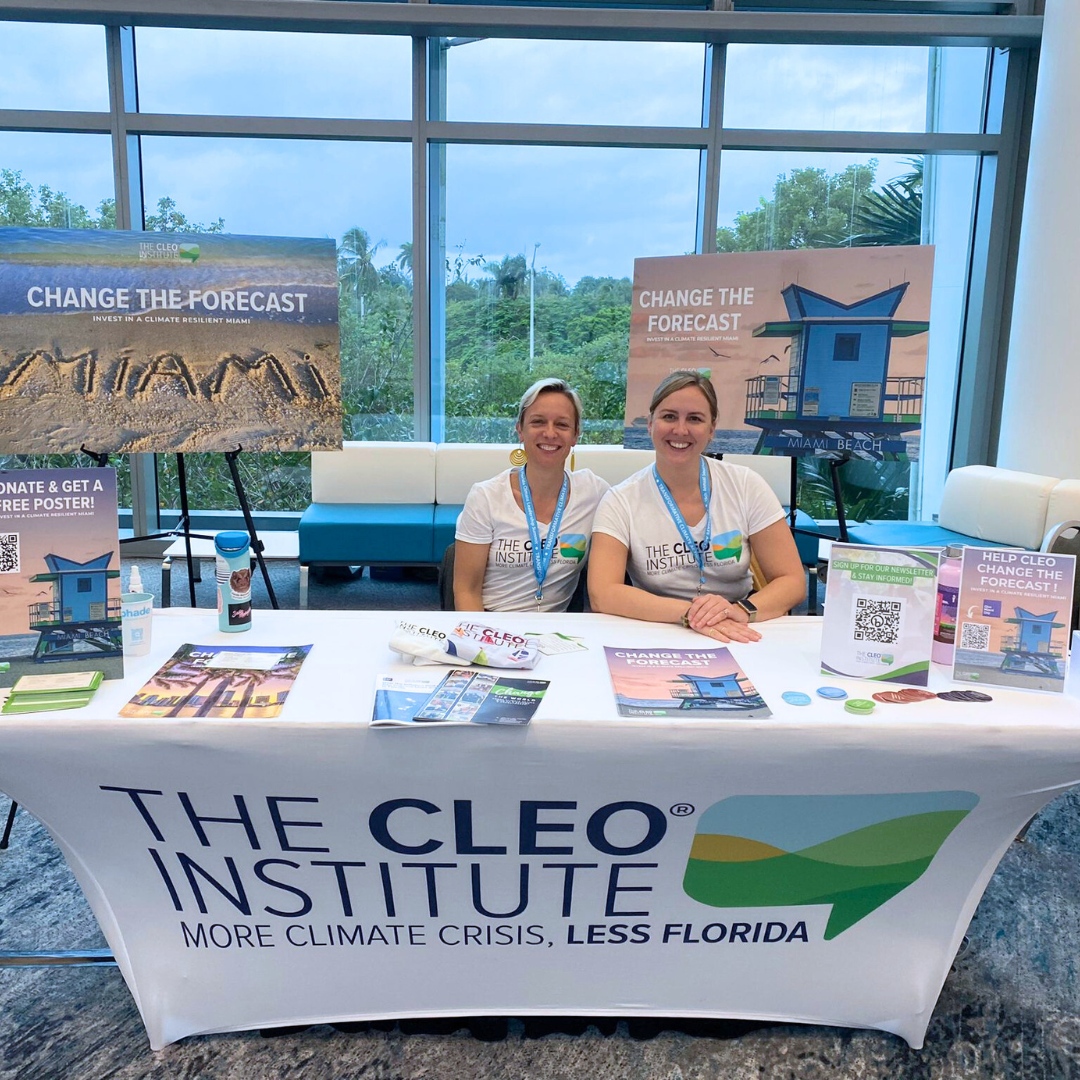
Scientists and environmental organizations support more aggressive climate action to slow the earth’s overheating and reduce pollution.
Associations like The CLEO Organization work with policymakers to fabricate environment strength and advance feasible practices.
Urgent Action
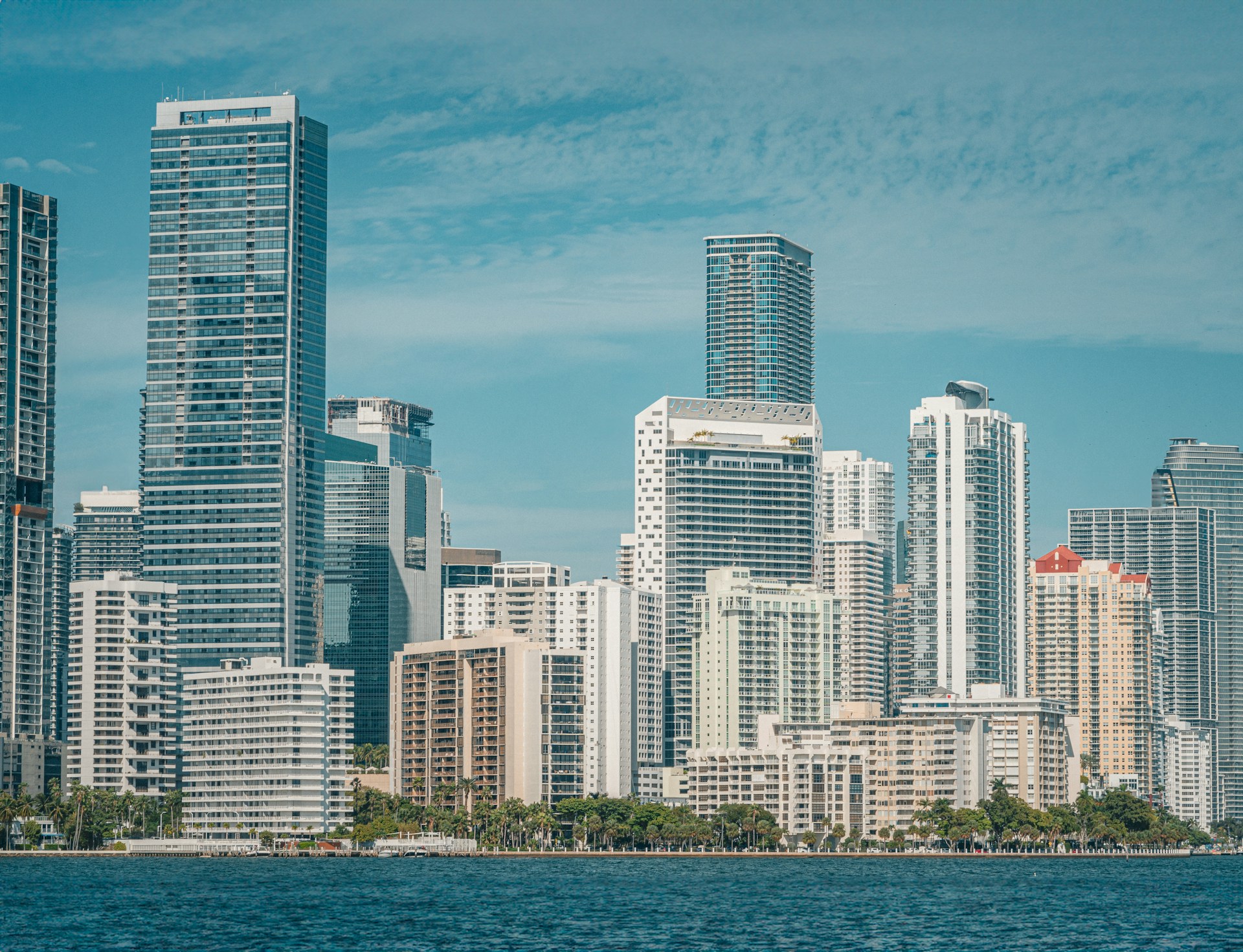
To safeguard Biscayne Bay and other fragile ecosystems from further harm action needs to be taken.
Drastic and urgent measures must be taken to quickly and effectively scale up solutions.
New Solutions
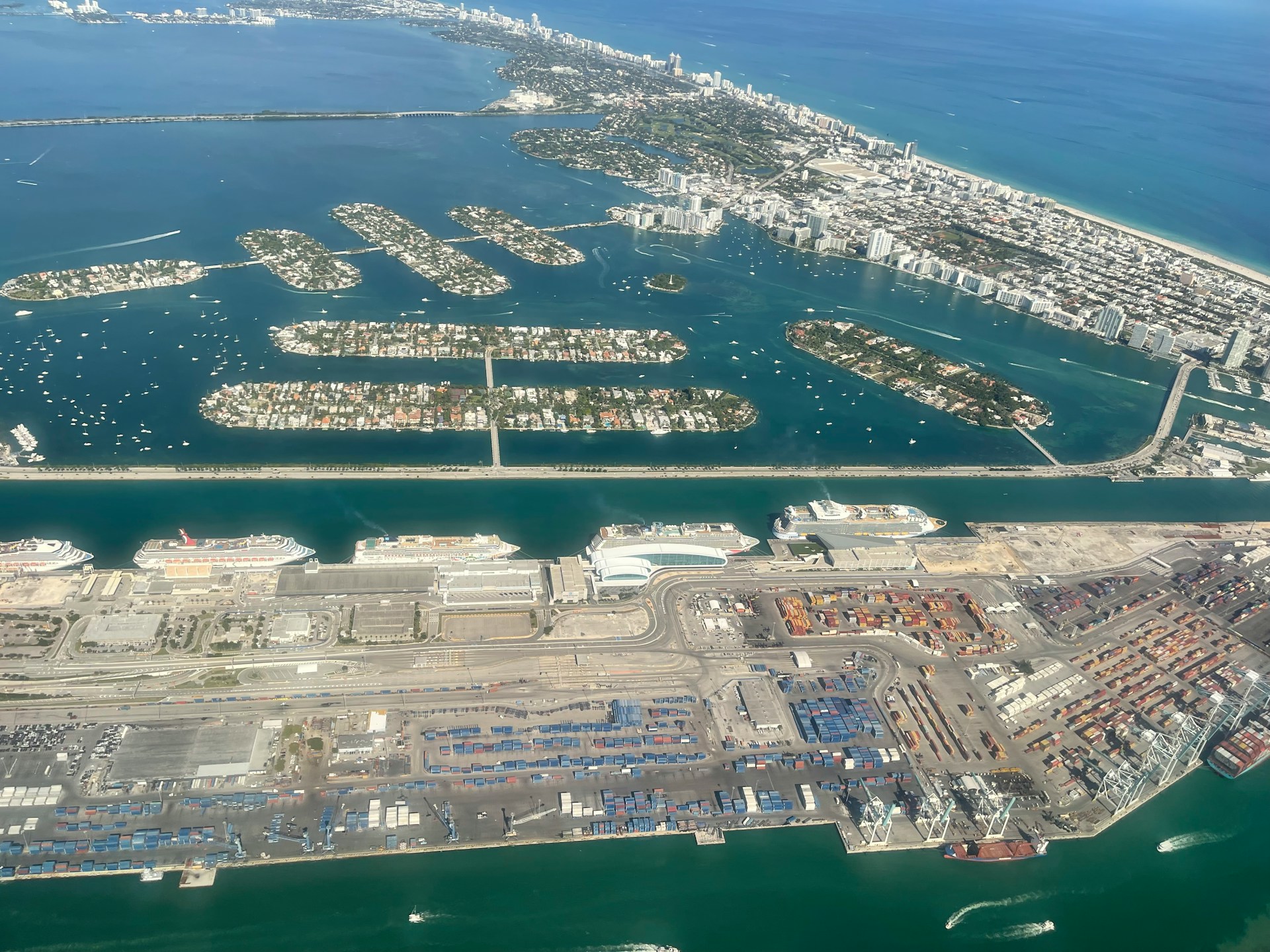
Scientists are looking at innovative solutions in order to lessen the effects of global warming and the extreme weather that accompanies it.
“Heat-reflective” paint is being used to aid in reducing temperatures by over 18 degrees.
Sewage Concerns
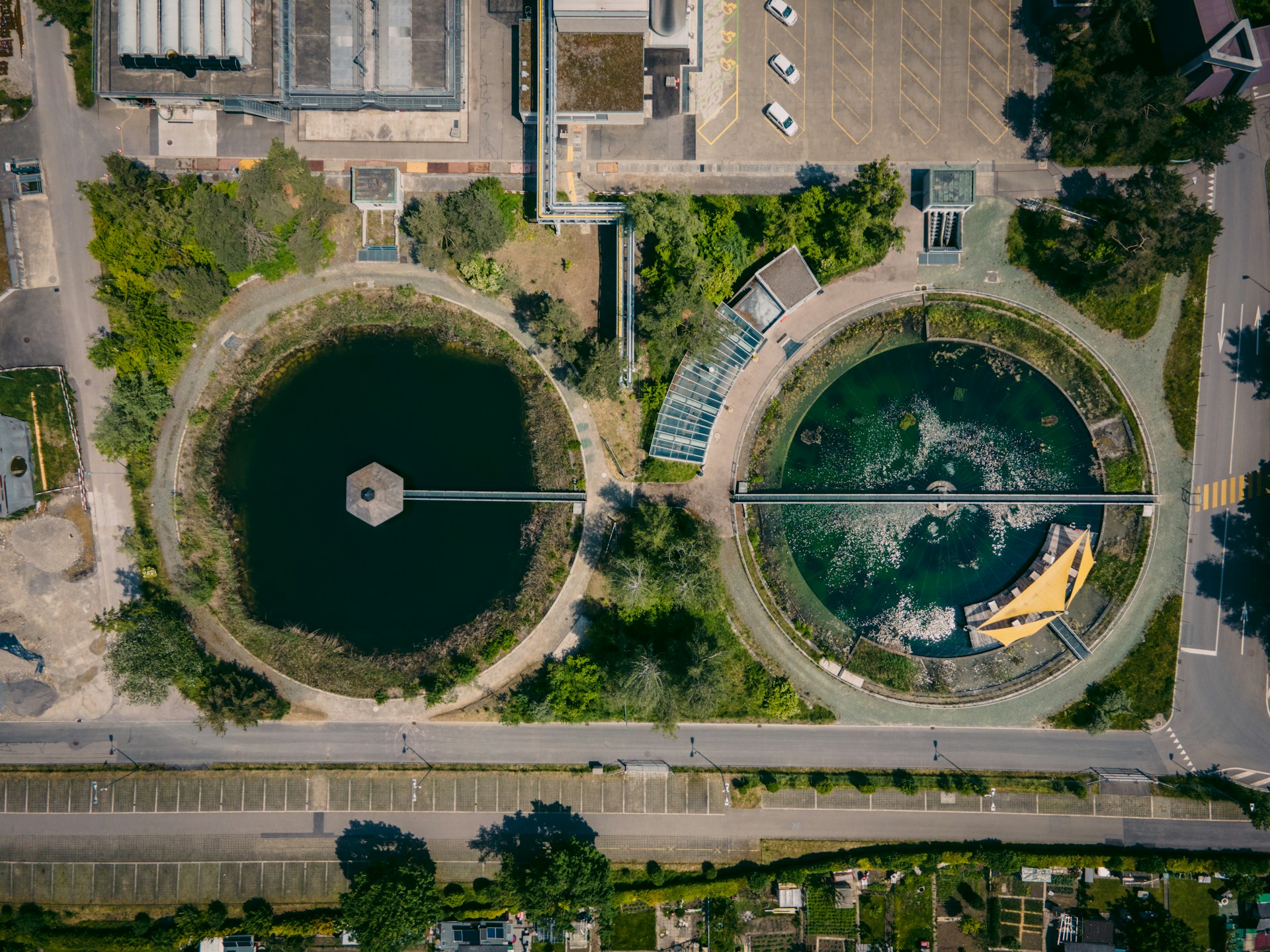
The lack of wastewater infrastructure which contributes to chemical contamination of rainwater has been an issue in other states.
Rural Alabama has experienced backyard sewage problems leaving to exposure to parasitic diseases.
The Environmental Protection Agency has launched an investigation into the state’s appropriation of funds originally earmarked for improving sewage systems in these communities.
